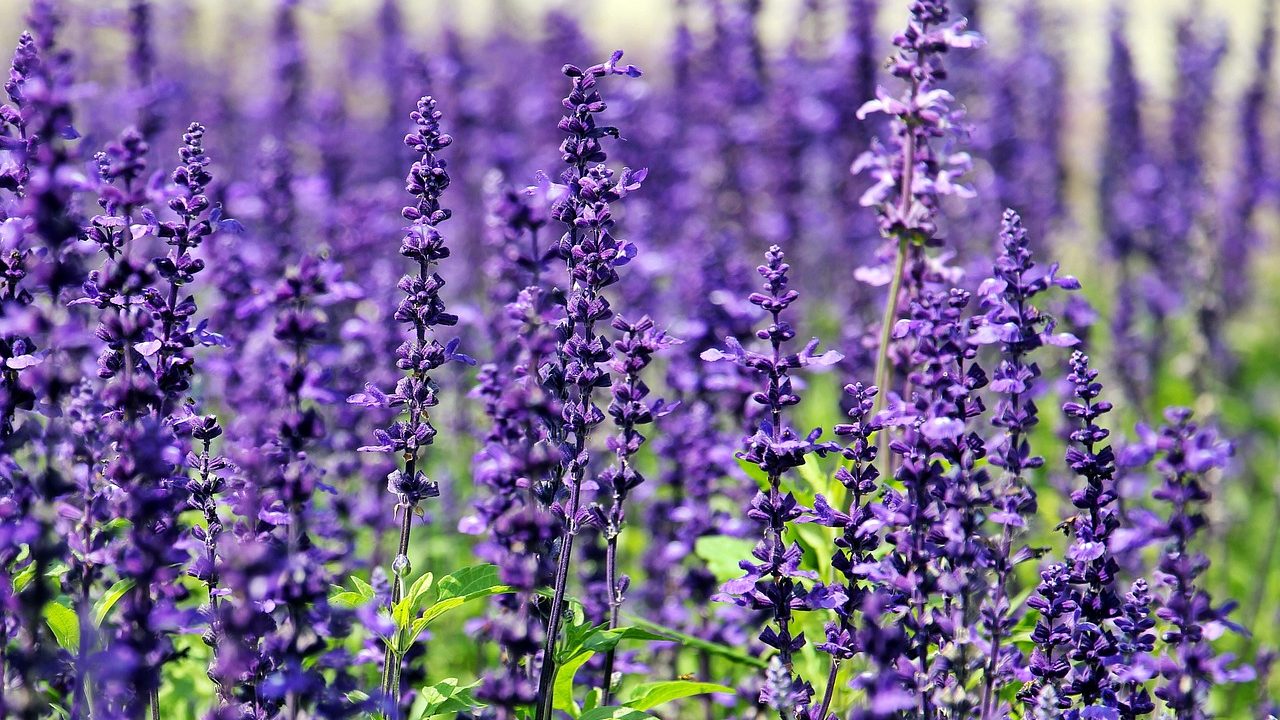
Database Launched On Flora in Peninsular India
- News
- 4.7K
The Centre for Ecological Sciences (CES) at Bengaluru-based Indian Institute of Science has launched an online database of peer-reviewed information on over 10,000 plant species in peninsular India.
Called `Digital Flora of Peninsular India’, it draws on information available in the herbarium housed at the Centre. The herbarium was founded by a taxonomist and filed biologist Dr. Cecil .J. Saldanha, who had collected these specimens during his explorations of Karnataka’s flora. The Indian Institute of Science had acquired it after his retirement.
Dr. K Sankara Rao, herbarium in-charge and retired professor of the Department of Biochemistry, decided to develop the online database when he took charge in 2007. He put together a team of volunteers, who digitized and compiled records of the plant specimens.
The database contains comprehensive information about each plant species: its vernacular name, taxonomic description, habitat, geographic distribution, flowering time, conservation status and more.
An official press release from IISc noted that Dr. Rao and his team had also carried out extensive ecological surveys to ensure that the information provided on the website is accurate and up-to-date.
The exercise was conducted since collections were over 30 years old and there could be a lot of changes in species diversity in a habitat. The website also features photographs taken from the team’s field trips and scanned images of the herbarium specimens.
The work started with digitizing the flora of Karnataka but was later expanded to cover other states through which the Western and Eastern Ghats run. The team spent four years to collect, process and upload the information. Now it is working to include information on plant diversity from parts of north-central India and information about mosses and lichens. (India Science Wire)
If you liked this article, then please subscribe to our YouTube Channel for the latest Science & Tech news. You can also find us on Twitter & Facebook.


